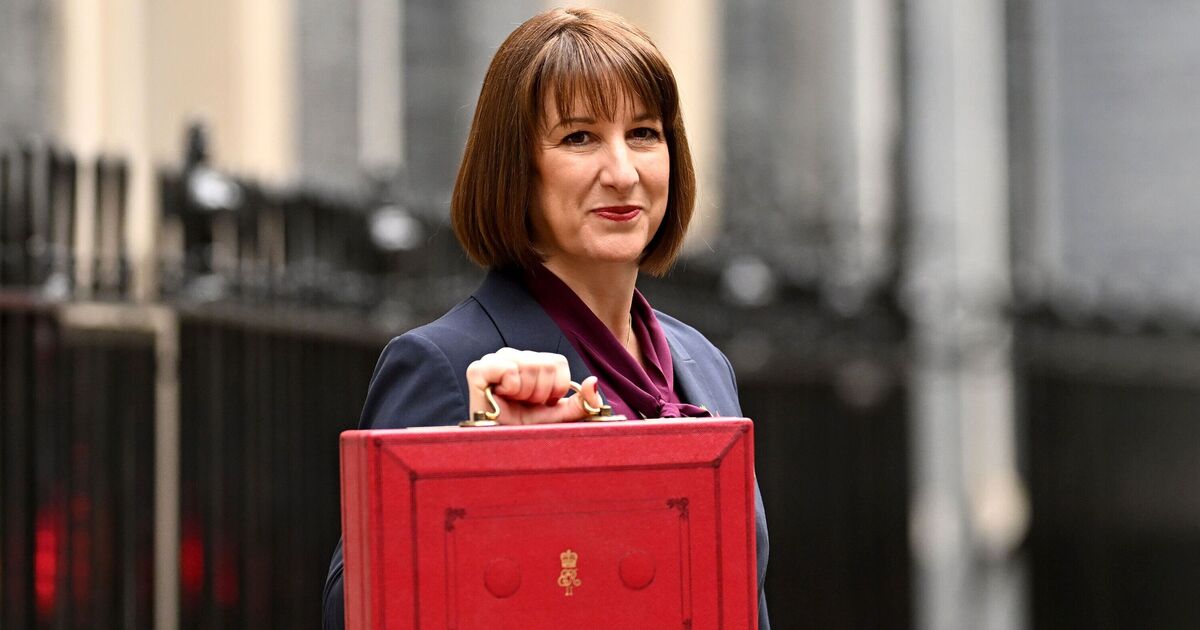Rachel Reeves has confirmed that a major tax change will be included in her Budget. The Chancellor, who is expected to outline her latest policies on November 26, said that a mansion tax will be introduced as she seeks to raise revenue to close a hole in the public finances. But those who own smaller, expensive houses could avoid paying the levy until after their homes are sold, it is believed.
The Treasury plans to make it so properties valued at more than £2million will face an annual 1% charge on their price tags over that threshold, it is thought. Sources have confirmed to reporters that mitigations are part of the discussions, including a deferral mechanism that allows owners to sideline the bill until after their homes have been sold. This would mean the yearly 1% cost would be held until after a resident moves or passes away, therefore releasing the cash to settle.
High property prices mean small homes in some areas of the country, such as parts of central London, could still be sold for more than £2million, MPs are understood to think, according to Politico.
However, these could have been bought decades ago, before prices increased dramatically, and so it is possible that homeowners would be short of the cash to pay the extra 1% tax.
In October, it was reported that Ms Reeves was considering a new mansion tax that would mean a £10,000-a-year levy for homes worth £3million.
It comes after the Chancellor faced mounting pressure today from Reform UK and the Conservatives to cut spending rather than hike taxes to raise revenue.
Reform’s head of policy, Zia Yusuf, told The Times: “Labour has a choice. They can either go ahead and raise taxes on British citizens or they can enact our proposals which put British people first and ask foreign nationals to bear the brunt of the black hole, not British citizens.
“Most British people would consider it outrageous to expect British people to pay higher taxes or see their services cut whilst their money is being spent this way.”
A Labour Party spokesman said: “Nigel Farage’s fantasy numbers don’t add up, and he’d leave British taxpayers footing a hefty bill.
“Farage is happy to slap British shoppers with higher prices at the checkouts by risking a trade war with Europe.”
